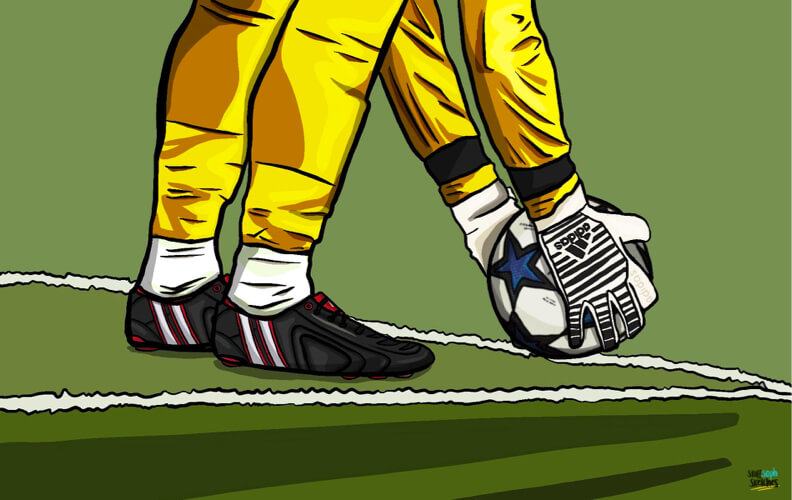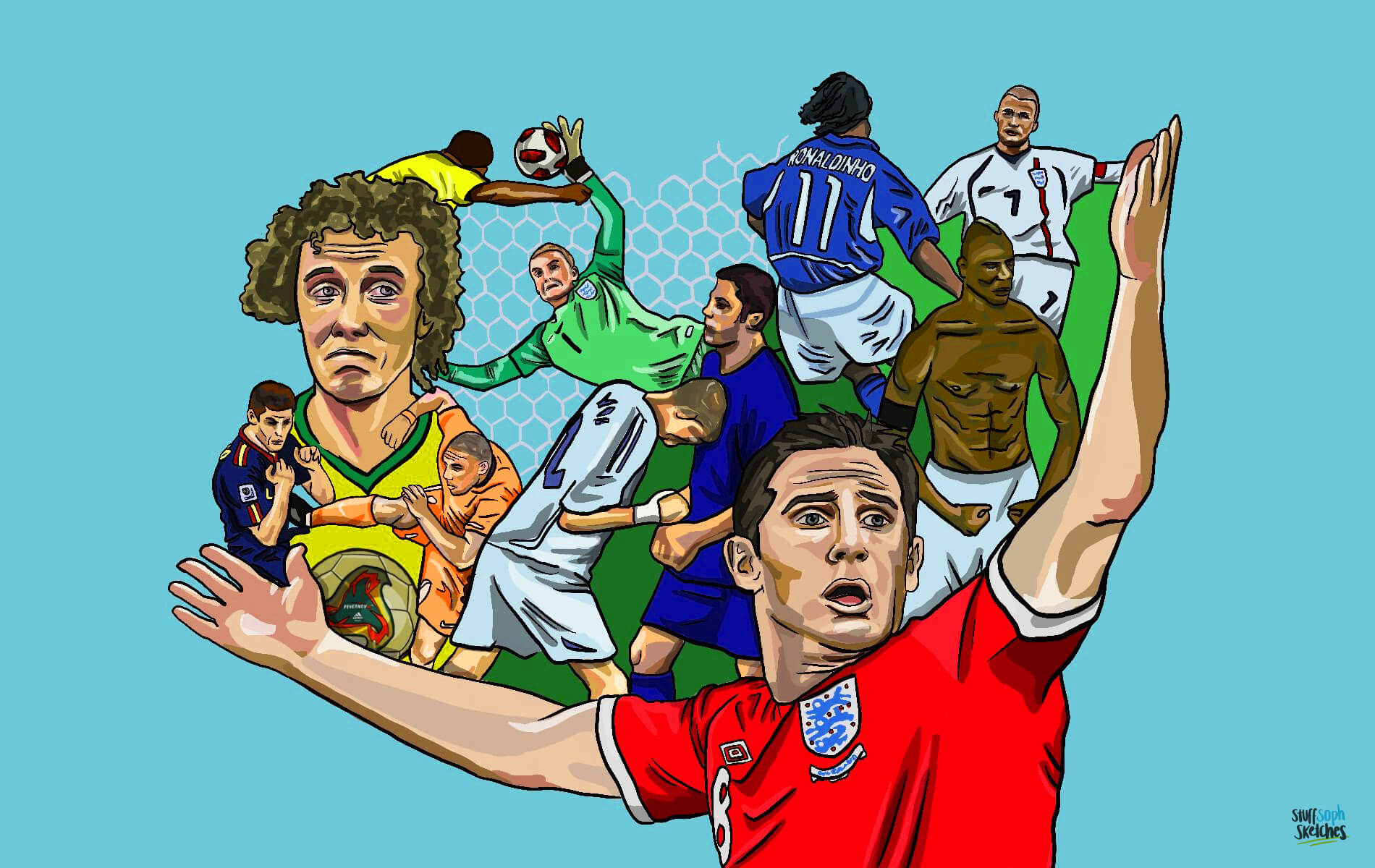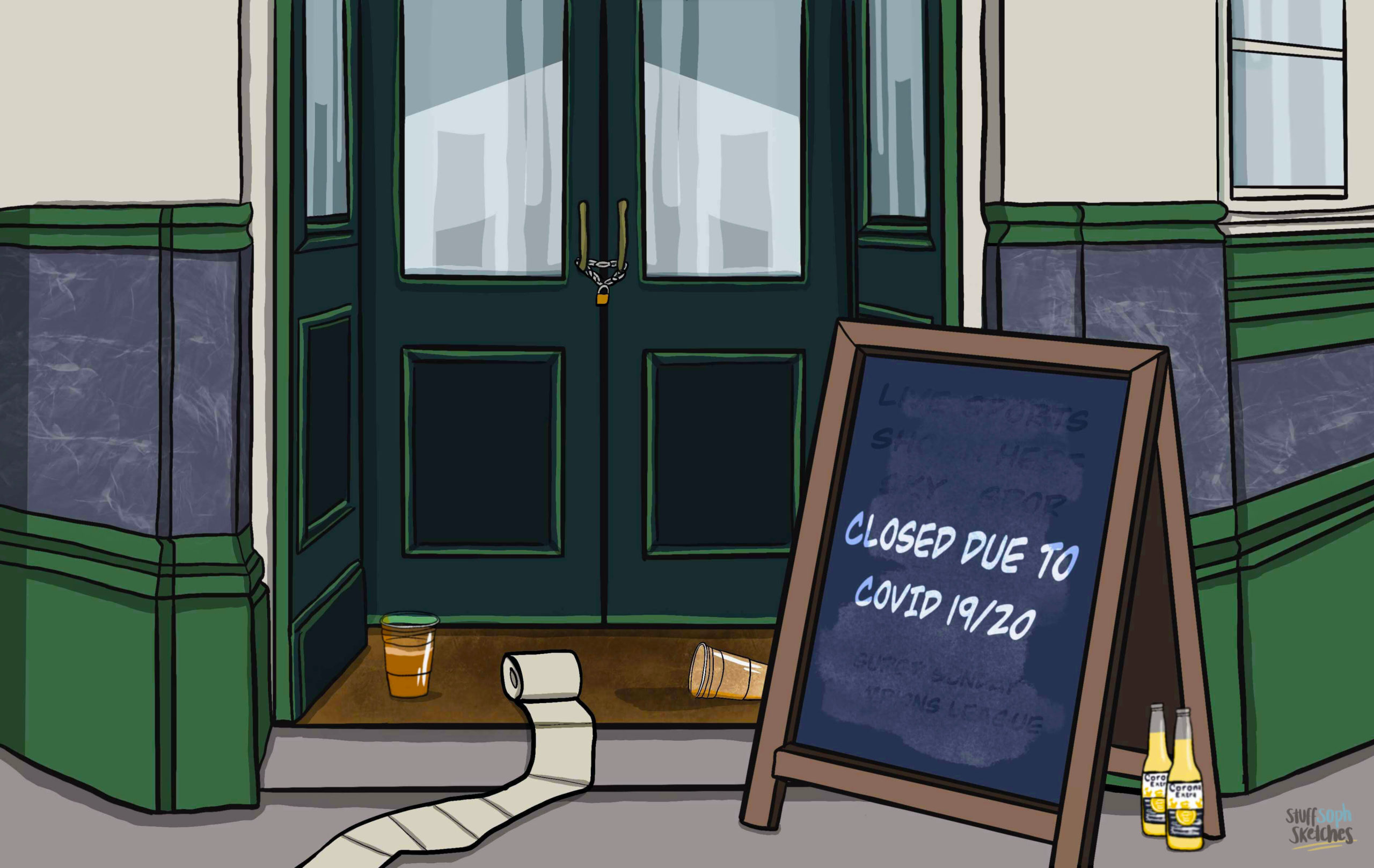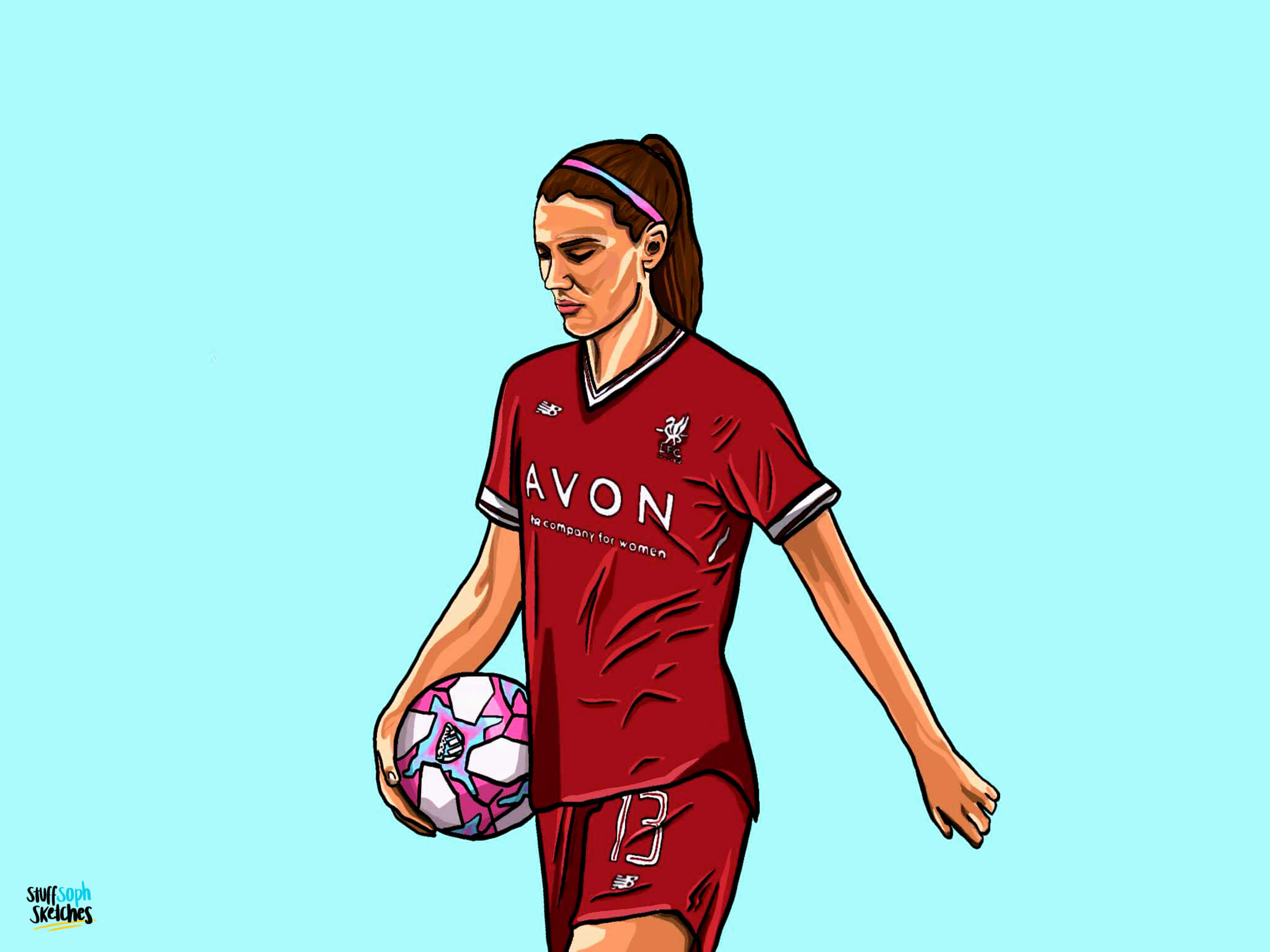My own journey through childhood and adolescence was no different to that of the masses; I idolised David Beckham, sat wide-eyed and awe stricken at the majesty of Thierry Henry and regularly declared ‘Bugsy not getting it!’ when hammering the ball into the heavens as I pretended to be Roberto Carlos. To this day, football dominates the parley with rival fans and from time to time the same old question is posed to me: did you play for a team? To which my reply was always – ‘Yes, of course, until I discovered weekend debauchery that forced me into early retirement, that is’. However, I must confess, my response to that question is flawed. It is a white lie, a trivial untruth that today I shall correct, confess and scream from the terraces: I was the goalkeeper for that team!
The need to withhold this key piece of information has been innate and uncontrollable up until now. But why on earth should I be ashamed? It could be due to the traditional stigma that attaches itself to the title of “Goalkeeper”. What do I mean? Well, picture the scene: it is close to kick-off at the playing fields or playground. The diplomatic and carefully considered ritual of electing captains has been carried out. Two unfortunate souls, quaking in their Patrick Power X boots, are awaiting to find out who will be the last chosen for today’s game. What is likely to be each captain’s first tactical decision after inheriting their final corpulent players? Shove them in goal. The unequivocal fact is that there has always been an assumption that poor footballers are better off out of the way and put in-between the sticks. Aside from this, one may argue that the stigma has evolved in a slightly more positive fashion as the game has evolved. More often now you will hear that goalkeepers are eccentric and unbalanced lunatics. Not much better, but I’ll take it. So, why would anybody want to become a goalkeeper?
This kind of knowledge gave me a newfound respect for keepers like Jerzy Dudek and his spaghetti legs “that night” in Istanbul.
Some say there is no real glory for goalkeepers. Direct your memory back to a time when a non-football-loving partner, friend or relative asked you this question: can the goalkeeper score? They would most likely have feigned amusement and interest when you said yes, prompting you to think of a worthy example. As we know, these are scarce. We all love reminiscing back to goals scored by Schmeichel, Robinson, Friedel and Howard, but let’s be honest, the hope and expectation you feel deep inside when a goalkeeper is sent up in the ninety-fourth minute usually amounts to nothing. One spectacle that will never get old, however, is the keeper’s scrambling and hysterical sixty-eight metre sprint back to their own solitary confinement.
It’s not all bad. For many, the loneliness of the position is something to be admired. Author Vladimir Nabokov once beautifully said ‘the glamour and glory of the striker intrigues me less than the splendid isolation of the keeper, the lone eagle, the man of mystery, the last defender. For ninety minutes, you are on the precipice of anger and tranquillity’. He continues to suggest that ‘you have to be coiled and ready to strike, and at the same time have the serenity of a yogi’. It is this juxtaposition that creates the ultimate mental challenge of every game. These are not the only qualities that these unique characters possess either, let’s face it, to be a goalkeeper you need to be brave. The sadomasochistic desire to throw your body into harm’s way at vital moments wins my vote of approval any day. It requires a sharpness of the mind and a unique psychology. Recently, Kasper Schmeichel made a guest appearance on That Peter Crouch Podcast and was quick to voice his frustration at the commentator’s clichéd phrase about ‘routine saves’. He explained that to be a goalkeeper you need a quick-thinking analytical mind, before elaborating on the difficulty when narrowing down a complicated web of options into one single key decision that could ultimately result in tragedy.
Anyway, who says there are no instances of prestige for a goalkeeper in a game of football? Every now and then, a much-loved footballing moment takes place, the pinnacle of all dramatic sporting events – the penalty shootout. A chance for any goalkeeper to have their name written in the stars. Again, emerging a hero here is no easy feat. There is an extreme level of preparation that goalkeepers put themselves through in order to overcome the chicanery of the striker. The art of unsettling the kick-taker is something that any young aspiring gatekeeper should study. Speaking of studies, in 2009, Wilson et al. discovered that what us fans view as simple “shithousery” has actual scientific substance. After carrying out an experiment that involved fourteen experienced footballers taking penalty kicks, it was concluded that goalkeeper-induced anxiety within strikers was a significant factor influencing their performance and success rate. They discovered that ‘when made anxious, footballers made faster first fixations, focusing on the goalkeeper for a longer period of time. This disruption in gaze-behaviour brought about significant reductions in shooting accuracy’. This kind of knowledge gave me a newfound respect for keepers like Jerzy Dudek and his spaghetti legs “that night” in Istanbul. Who knew that Fabien Barthez’s homoerotic “shorts pull” actually had empirical scientific value? If unsettling your opponent is the aim of the game, then look no further than Columbian goalkeeper René Higuita. Made famous for his iconic scorpion-kick save during a meaningless friendly against England in 1995, Higuita rightfully earned himself the nickname El Loco (The Madman). His glorious improvised save even ranked ninety-fourth in Channel 4’s Top 100 Sporting Moments back in 2002 (what a year). But that’s not all, it seems as though the fire is still burning strong in the Columbian aerialist. In 2018, the fifty-one-year-old legend, hair still perfectly permed, played in a friendly match between América de Cali and Atlético Nacional. After the game, he was being taunted by a Cali fan who proceeded to throw toilet roll at him. Higuita’s solution? A swift right hook. Mental.
Goalkeepers are undoubtedly cut from a different cloth. But where would we be without them? From this day forward, I pledge to never be ashamed of my highly unsuccessful career as a goalkeeper. I will champion those brave enough to defend the net, no matter their reason. Whether you choose to cement yourself in between the sacred sticks because you are the saviour, or if it’s only because you have no real outfield prowess, being a goalkeeper is nothing to be ashamed of. Just remember: some days you’re the pigeon, some days you’re the statue.



